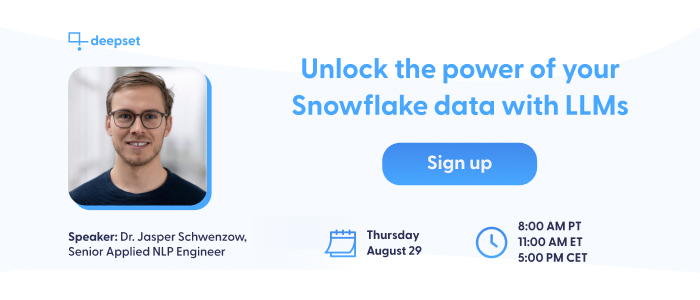LLMs have revolutionized artificial intelligence, particularly natural language processing and software engineering. Models useful for specific tasks such as generating, understanding, and translating text are being integrated into many applications. Because of their nature, LLMs, like OpenAI’s ChatGPT and GPT-4, have interacted extensively with developers’ AI-driven task conduct. LLM development has become a top research and application area in current software engineering.
Despite their surging importance, LLM development is special and quite different from traditional software development.API management is where the configuration of parameters and error handling may get tricky. Further, most integration into applications goes deep into understanding the models’ output, which may be unpredictable so special handling may be necessary. Another layer of complexity stems from ensuring data privacy and security, primarily in processing user data. These challenges make it difficult for developers to develop and deploy LLM-based applications efficiently; hence, new approaches are required in the face of growing demand for integrating LLMs.
Currently, for a developer to use the capabilities of an LLM in his project, one has to resort to an API provided by organizations such as OpenAI. It enables several core features to create advanced AI applications, such as text generation, translation, and summarization. Working with these tools is full of problems, though. According to many developers, one of the major issues is configuring parameters and setting the right values so that the expected output can be reached. For example, managing API rate limits and handling frequent request errors are common problems slowing down development. Another key challenge is how the realization of appropriate API responses is achieved by ensuring that their standards are met concerning accuracy and relevance.
Researchers from Nantong University, Technical University of Munich, and Beijing University of Chemical Technology conducted a comprehensive empirical study to understand better the challenges that LLM developers face. In this study, 29,057 posts from the OpenAI developer forum are analyzed to identify and categorize the challenges of the developers. According to the research, the popularity of LLM development growth has become more sizable since the release of tools like ChatGPT or GPT-4. As such, it places 292% of development posts from developers and 1,302% of new users on the forum. The information provided by this study is very valuable for both developers and organizations, and it offers actionable recommendations to improve the process of LLM development.
The methodology applied to this study is the line-by-line analysis of forum data, which aids in creating a taxonomy that further breaks down challenges into 27 subcategories. These range from API usage challenges, including error handling and performance optimization, to prompt design challenges and integration with a custom application. For example, faults in API usage caused 8.7% of the issues, and another 7.5% were error messages during API calls. The research also noted the need for more documentation and support to help developers master these complexities.
According to the survey, one of the big challenges was the inability of the developers to get timely and sufficient support for the problems they were facing. It was analyzed that only 54% of the questions on the forum have fewer than three replies, indicating that most issues still need to be solved. This lack of support is particularly concerning when considering the rapid evolution of LLM technology, which often leaves developers with a need for more resources to tackle their problems. These challenges are structured into a coherent framework through the taxonomy of the study, pointing to areas for the improvement of support systems, including LLM providers like OpenAI.
In conclusion, research findings also include the rising diverse challenges faced by developers working with LLMs. Concretely, the analysis contributes a highly granular taxonomy of issues that, based on a large dataset of forum posts, can guide future improvements of LLM tools and their documentation. The results highlight the need for more support and resources to help developers overcome such complexities in LLM development. As LLM technology matures, future success in addressing these challenges will be crucial for the ease and efficiency with which capabilities like those of such models are integrated into a wide range of applications in the future. The findings from this research point to ways in which processes for LLM development could improve for the good of developers and the broader AI community.
Check out the Paper. All credit for this research goes to the researchers of this project. Also, don’t forget to follow us on Twitter and join our Telegram Channel and LinkedIn Group. If you like our work, you will love our newsletter..
Don’t Forget to join our 48k+ ML SubReddit
Find Upcoming AI Webinars here
Asif Razzaq is the CEO of Marktechpost Media Inc.. As a visionary entrepreneur and engineer, Asif is committed to harnessing the potential of Artificial Intelligence for social good. His most recent endeavor is the launch of an Artificial Intelligence Media Platform, Marktechpost, which stands out for its in-depth coverage of machine learning and deep learning news that is both technically sound and easily understandable by a wide audience. The platform boasts of over 2 million monthly views, illustrating its popularity among audiences.



